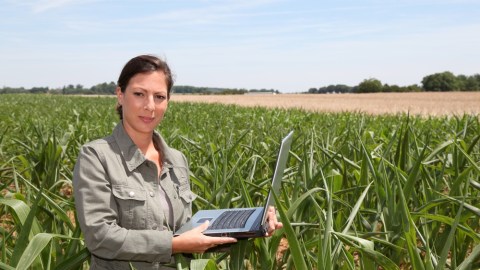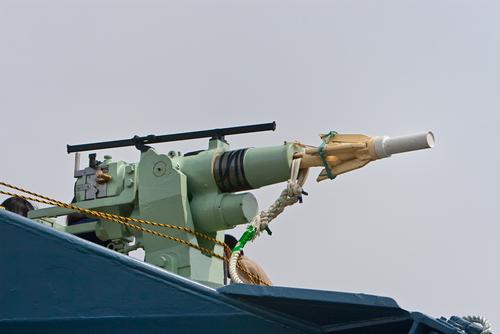Why Iowa is No Longer Flyover Territory

With the 2012 presidential election season officially kicking off in Iowa on January 3, the focus has increasingly been on the state as a leading indicator of Middle America where rural and suburban voters value simplicity and authenticity over whiz-bang political posturing. That was the story that came out of the big Republican debate in Des Moines on Saturday when Romney made his $10,000 wager, and it will likely be the case again in the second Iowa debate in Sioux City on December 15. But that storyline ignores an important fact – cities across America’s heartland such as Des Moines are fast emerging as forward-looking innovation hubs in their own right, no longer content to co-exist in the shadow of Silicon Valley.
In short, Iowa is no longer flyover territory.
With that in mind, the city of Des Moines has even changed its tagline to the more progressive-sounding “Des Moines. Do More.” Now that it has re-branded itself as a more entrepreneurial place to do business, the city is starting to harvest new startups. The city, in fact, is now home to one of the hottest startups in the tech world: Dwolla. According to Business Insider, big things are ahead for Dwolla, which apparently has 700+ investors lining up to get in on the ground floor of an innovative financial payments start-up that might just kill off the big credit card companies. And that’s not all – Des Moines added 25,000 new jobs in the period 2001-2009, boasts an unemployment rate (6.5%) that is significantly lower than the national average, and has experienced a net population gain of 15.5% since 2000.
These changes in Iowa echo what is happening across the nation, from coast to coast, as cities formerly considered to be “flyover territory” are now emerging as engines of economic growth. As this GOOD infographic makes clear, cities like Omaha, Nashville and Asheville are working to re-position themselves as hot young destinations for talented creative types. These cities are not just creating jobs — they are creating “green jobs” and “tech jobs.” They are pushing forward U.S. economic growth at a time when traditional urban centers are flailing.
The startup culture popularized in places like Silicon Valley and New York is now starting to spread across America’s vast heartland. In Des Moines, for example, Startup Iowa is a new initiative to bootstrap young Iowan businesses as part of a broader Startup America program that has the implicit support of the White House and top business leaders. Iowa, indeed, was only the 8th geographic region in the country where Startup America has ventured. It will be interesting to see whether places like Iowa will be able to develop the same kind of vibrant startup ecosystem that already exists in Silicon Valley, Boston and New York.
With TED recently re-focusing our attention on the future of cities by awarding the annual TED Prize to Cities 2.0, it’s worth noting that many of these Cities 2.0 will be in America’s heartland. These are the cities that are taking to heart TED’s idea that the cities of the future will be green, walkable and sustainable. These cities will no longer be “flyover territory” – they will be “places of beauty, wonder, excitement, inclusion, diversity, life.”
image: Agronomist in corn field/ Shutterstock





